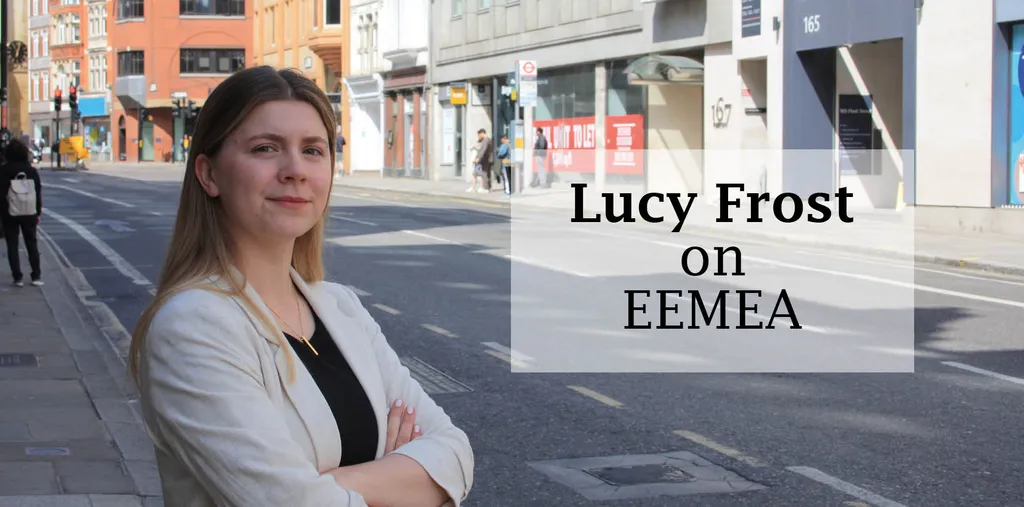When a market recovers, investors and issuers usually return first to the debt capital markets, then to equity capital markets, and finally to M&A.
In Turkey, this process began in the second half of last year when corporate and FIG issuers returned to the primary debt markets after two years of next to no issuance.
VakifBank and Yapi Kredi reopened the market last September, and a wave of issuers, particularly banks, has subsequently taken the opportunity to refinance debt, including Ziraat Bank and QNB Finansbank.
The debt pipeline has slowed more recently, as expected, due to Ramadan and March’s local elections. But with Eid al-Fitr last week marking the end of the holy month, activity could pick up again.
Two steps
There are signs that the next two steps on the road to recovery could be imminent too, driven by president Recep Tayyip Erdogan’s confirmation of the government’s continued commitment to economic normalization following the March local elections.
In ECM, bankers in Istanbul suggest that international IPOs could return as soon as May. And rumours last week that First Abu Dhabi Bank may be looking to acquire a bank in Turkey could catalyse a new wave of M&A as foreign buyers take advantage of the weak currency.
The Emirati lender is understood to have held early exploratory talks with owners of several Turkish banks, according to a Bloomberg report published on April 5, which prompted Yapi Kredi’s share price to jump 6% on the day.
A FAB statement following the news insisted: “At First Abu Dhabi Bank, we do not comment on market rumours or speculation, including M&A. We have no comment on this matter.”
Retail effects
Retail investors in Turkey have avoided holding lira, instead investing in hard assets such as real estate, cars and equities.
In just three years, the number of retail equity investors in Turkey has gone from 1.2 million (in 2020) to more than eight million (as of the end of last year), according to the country’s capital markets board.
The domestic equity market has felt the benefit of this. The Borsa Istanbul 100 Index has risen 10-fold since 2019, from 989 in September 2019 to 9,814 in April 2024.
But two things have been very noticeably missing in Istanbul: big-ticket listings and international buyers. The latter have been absent since 2018 when the current economic crisis began.
Large Turkish companies have attempted to list in Istanbul before and not attracted adequate support, say local investment bankers. There have been larger IPOs: in October, restaurant chain franchiser TAB Gida launched the largest IPO since 2018, worth $247 million. But it sat at just under the $250 million threshold for international participation in an IPO and therefore did not attract foreign investors or underwriters.
Turkey’s WE Soda, a producer of natural soda ash, attempted to list in London last year, announcing its intention to float on May 31, but withdrew on June 14 due to “extreme investor caution”.
The market is now anticipating a new listing, with the likely candidate understood to be a regulated Turkish utility company.
If that deal does take place, it won’t automatically open the floodgates for other large, international offerings, but it could show that the market is there for good candidates.
Concentration
If FAB does pursue Yapi Kredi, it will underscore Turkey’s potential for Gulf banks, offering as it does a population of 85 million – considerably larger than all the GCC countries combined (56.4 million).
Indeed, Qatar National Bank’s subsidiary in Turkey, QNB Finansbank, saw its market cap increase so much in 2023 that by September the subsidiary had a higher valuation than QNB itself.
This potential must be weighed against the risks to foreign owners of the lira’s devaluation.
In 2021, FAB bought the Egyptian assets of Lebanon-based Bank Audi to form FABMisr, and last year chief executive Hana Al Rostamani confirmed that the bank was looking at opportunities across the Middle East and North Africa region.
Turkey’s banking sector is dominated by seven banks: three state-backed banks – Halk Bank, Ziraat Bank and VakifBank – and four privately owned banks: Isbank, Akbank, Garanti BBVA and Yapi Kredi.
Other Gulf banks have targeted smaller Turkish lenders, such as Emirates NBD’s takeover of DenizBank (3.6% of the assets market share) and QNB’s ownership of Finansbank (3.7% of the loan market). Yapi Kredi, however, is the seventh-largest bank in Turkey and a much bigger target, accounting for 7.4% of bank assets.
Yapi Kredi is no stranger to foreign ownership. Majority shareholder Koc Group originally held its stake through a joint venture with UniCredit. The two banks held roughly 82% of the bank through the JV but agreed to unwind it in 2019.
Koc now holds 61.17% of the bank through Koc Holding and Koc Financial Services.
Commenting on rumours about FAB’s interest in the bank, Koc says: “We may evaluate alternatives regarding our portfolio and engage in discussions with relevant parties as necessary at all times.”
Challenging fundamentals
While there are encouraging signs, Turkey’s recovery is still very much in its early stages. Finance minister Mehmet Simsek’s pitch to woo international investors is bearing fruit, but the economy’s fundamentals remain challenging.
Despite continued interest rate hikes from 8.5% in June 2023 to 50% in March 2024, inflation has not budged. Indeed, as of March 2024, Turkey’s CPI index had increased 68.5% year on year, and forecasts suggest things are getting worse.
In January, Turkey’s monetary authority forecast inflation would be at 36% at the end of 2024, but by March, this had risen to 45% by the end of the year.
“If inflation doesn’t budge in the next three months, the market will be a lot less constructive on Turkey,” points out one London-based emerging-markets investor.




